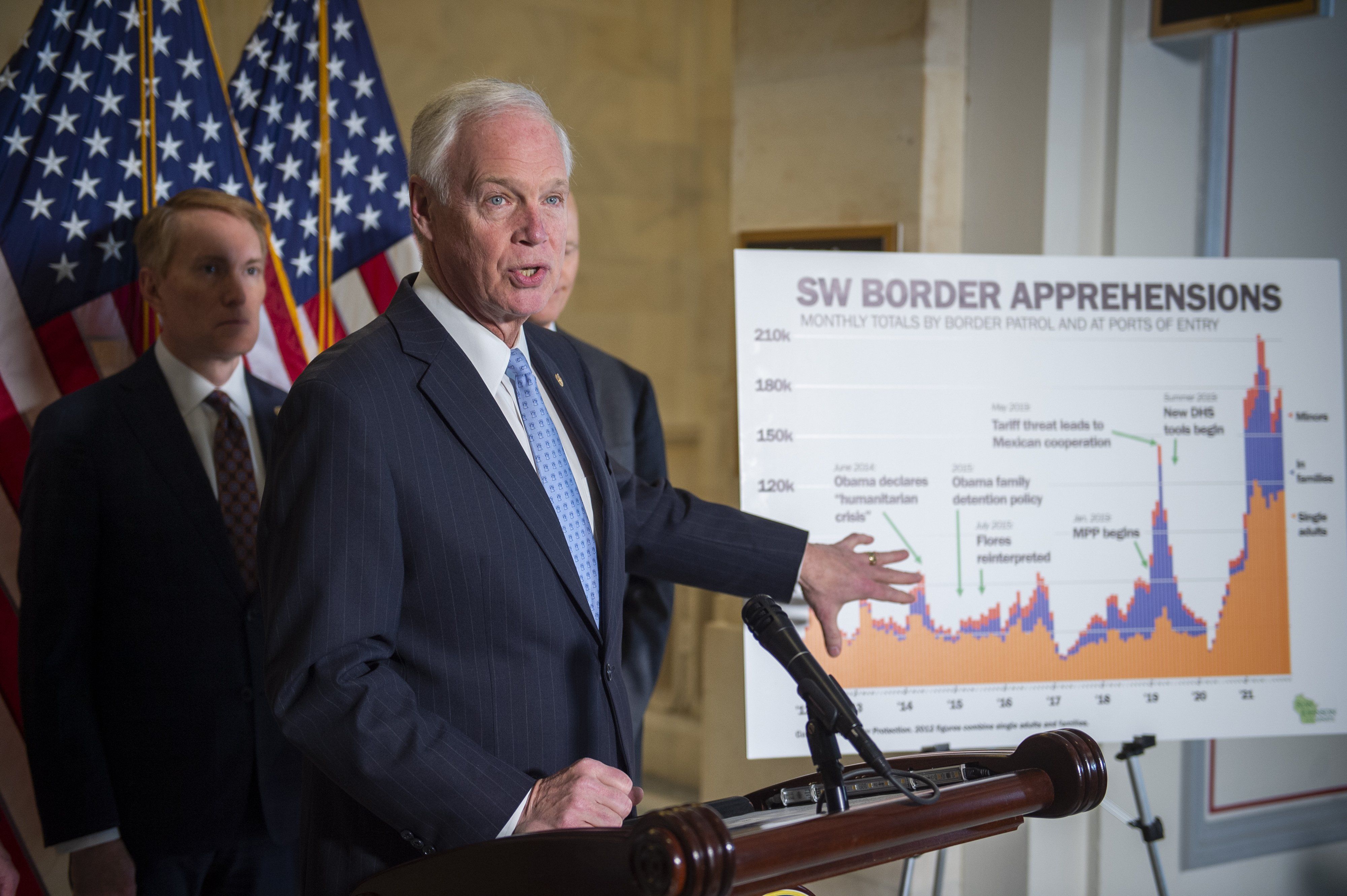But there is now more talk in Washington of a legislative compromise that Dems would accept and Republicans would cheer in the form of policies that make it tougher for asylum-seekers to enter the US.
Why might the Dems give way? They want more money from Republicans to help Ukraine repel Russia, and concessions on border policy might help. Dems also worry that another border crisis will undermine their 2024 election chances by boosting Republican turnout and diverting attention from other issues – like abortion rights – where Democrats hold a stronger political hand.
What’s the Republican calculation? Winning Dem concessions to tighten the border is a political victory, but an election-year border crisis on Biden’s watch might be more valuable.
We’ll be watching to see how heavyweights in each party play their respective political hands.
